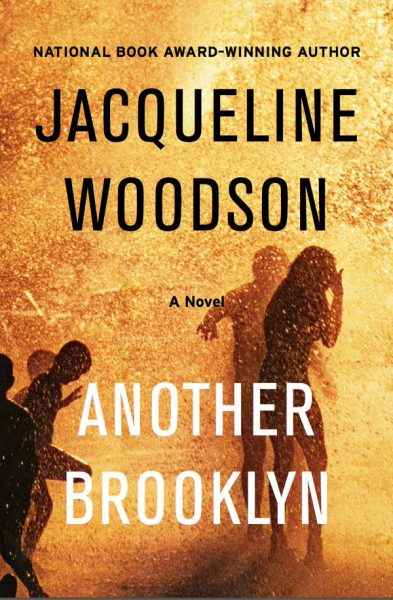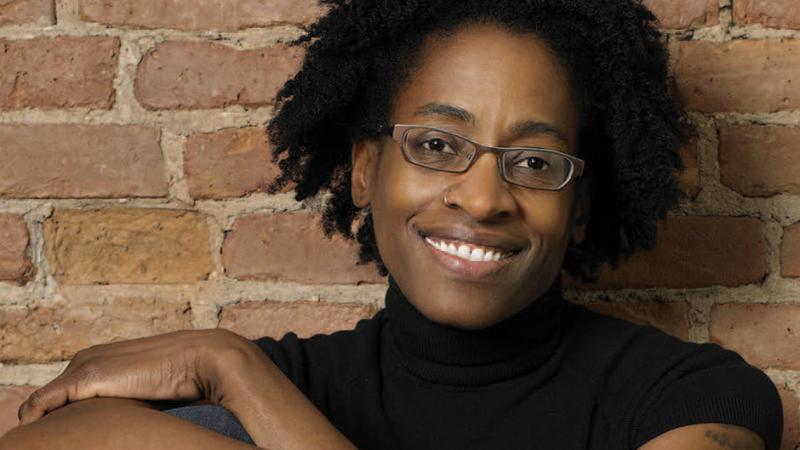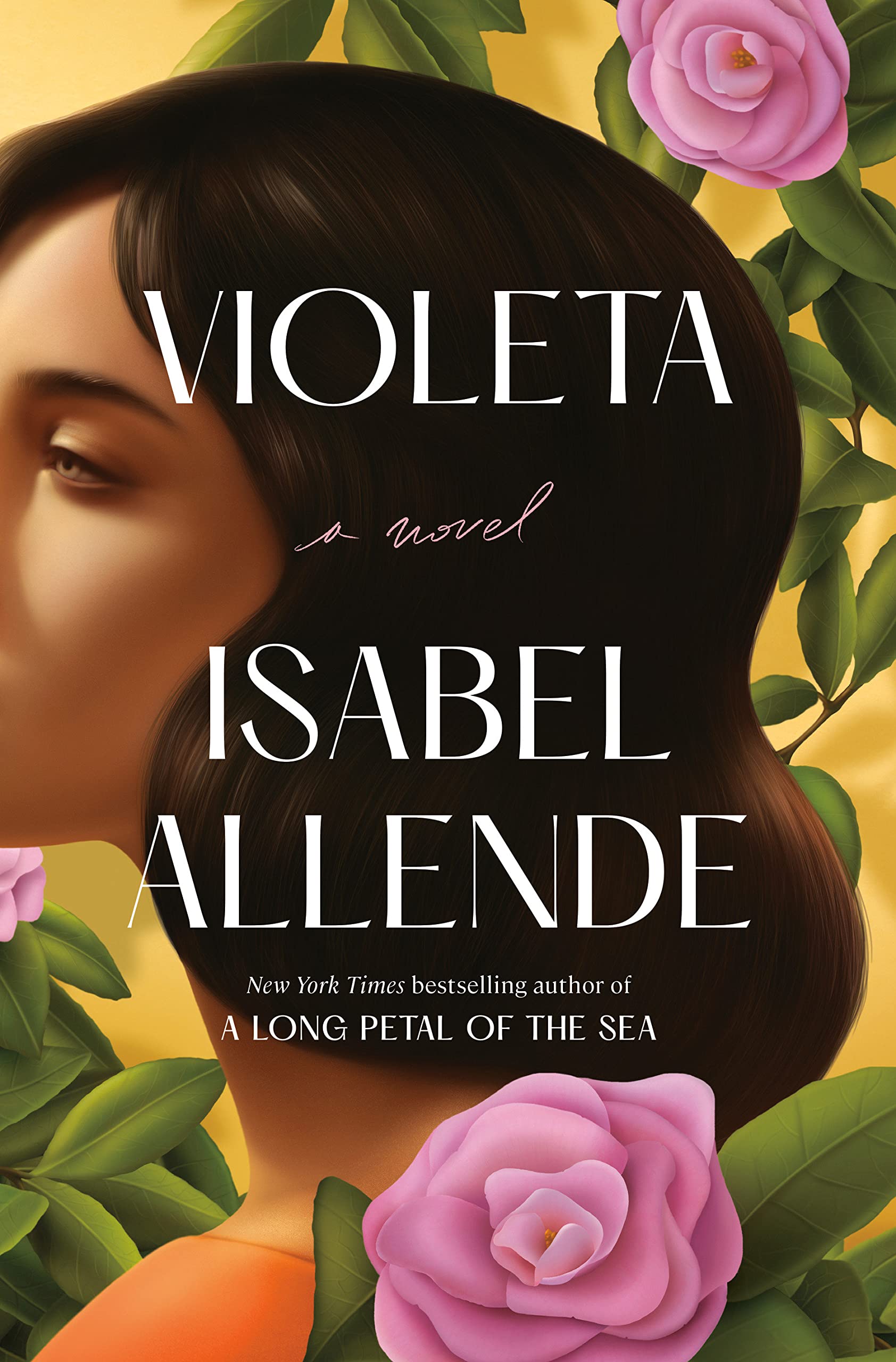 Do you remember being fifteen? Let Another Brooklyn, Jacqueline Woodson’s first adult novel in 20 years, jog your memory. In this gritty, coming-of-age tale, Woodson transports readers to sweltering 1970s Brooklyn, New York, as a young girl grapples with unbearable grief, friendship and lost memories.
Do you remember being fifteen? Let Another Brooklyn, Jacqueline Woodson’s first adult novel in 20 years, jog your memory. In this gritty, coming-of-age tale, Woodson transports readers to sweltering 1970s Brooklyn, New York, as a young girl grapples with unbearable grief, friendship and lost memories.
When we meet August, she’s an anthropologist in her mid-30s who has returned to Brooklyn after a long absence to bury her father. She has an accidental run-in with an old friend — more like a sister, really — that triggers remembrances. The rest of the novel is a flashback to early adolescence. August narrates her own story.
We begin with eight-year-old August moving from a dilapidated Tennessee farm to New York City with her father and younger brother. The Vietnam War claimed her mother’s younger brother and the loss drove her mother to an early grave.
In those early days in Brooklyn, a trio of girls — Gigi, Sylvia, and Angela — soon become her confidants. The longing for connection is palpable, both to readers and her newfound friends.
What did you see in me? I’d ask years later. Who did you see standing there?
You looked lost, Gigi whispered. Lost and beautiful.
The new foursome blend so tightly that even their descriptions on the page feel fluid. The three girls become kin to August, the intimacy of their relationship soothing but never extinguishing her grief: “…I had Sylvia, Angela and Gigi, the four of us sharing the weight of growing up Girl in Brooklyn, as though it was a bag of stones we passed among ourselves saying, Here. Help me carry this.”
They all navigate complicated home lives, short-lived romances and persistent predators, giving each other tips on how to protect their bodies. (They all know to avoid the owner of the shoe repair shop: He’ll offer you a quarter to see your panties.)
Woodson is a master at summoning small details — the glint of a wrench used to twist off a fire hydrant cap, the tips of toes hanging over the edge of too-small shoes — and at painting a portrait of a neighborhood in flux. There are no throwaway sentences in Another Brooklyn — each short, poetic line feels carefully loved and polished. The first half of this novel asks urgent questions; the second delivers uneasy, heartbreaking answers. At its core, this book is about fragility, how light shines in the broken places.
While most of the characters are vibrant and well-drawn, it is surprising that our protagonist is so mysterious. The readers don’t really know August beyond her grief. Woodson keeps the details scant: August is a protective big sister and a dutiful daughter. But what defines August, through all 170 pages, is her inability to cope with the foundational loss of her mother. Every page holds a dull ache.
Asked to name her influences by Booklist, Woodson said, “Two major writers for me are James Baldwin and Virginia Hamilton. It blew me away to find out that Virginia Hamilton was a sister like me. Later, Nikki Giovanni had a similar effect on me. I feel that I learned how to write from Baldwin. He was onto some future stuff, writing about race and gender long before people were comfortable with those dialogues. He would cross class lines all over the place, and each of his characters was remarkably believable. I still pull him down from my shelf when I feel stuck.”
Woodson has spent the last two decades crafting smart young adult fiction and poetry, most recently winning the National Book Award in 2014 for her poetic memoir, Brown Girl Dreaming. Woodson’s return to adult fiction doesn’t stray far from her comfort zone; minus a few scenes, Another Brooklyn would work entirely as a young adult novel. It is one that strengthens as the pages pile up.
In absorbing August’s journey, we’re reminded that our teenage selves still roam within, only tempered by time and adult responsibility. But Another Brooklyn brings them back to the forefront, asking us, Who were you when you were 15?


